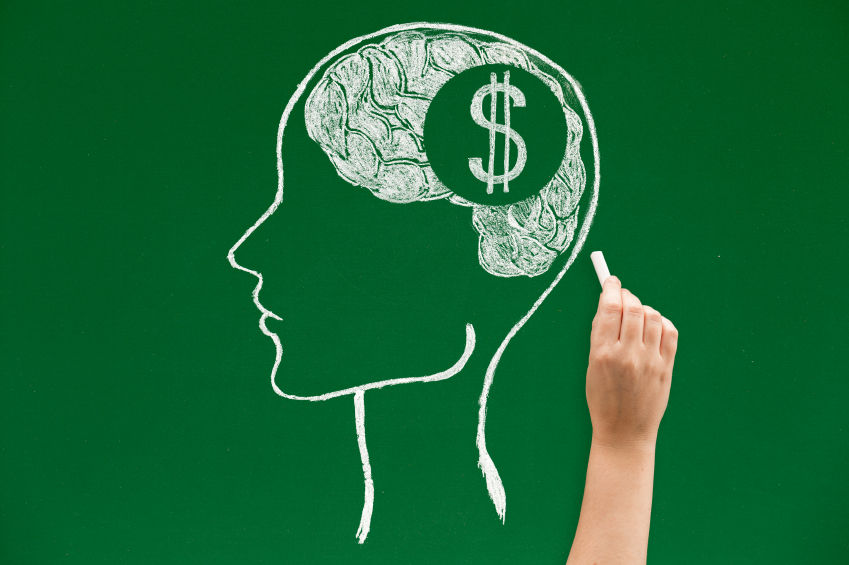Sex In The Brain and Body
- Can Kam

- Feb 13, 2021
- 4 min read
Introduction
Sex can elicit many different emotions, so it is hard to understand what is going on in your brain and in your body. These emotions can sometimes be traced back to biology and brain’s chemistry. According to Jamin Brahmbhatt, a board-certified urologist and sexual health expert, “Sex is good, knowing what happens to your body and brain before, during, and after sex has the potential to make sex amazing”.
A General View of Sex’s Stages
Before Sex:
Before any action, the stimulants, like the foreplay, would drive a biological desire to have sex. This “biological” desire is caused due to hormonal changes happening in our body. In the case of men, testosterone hormone plays an important role, yet in case of the women, the situation is a little bit complex. However, still, mostly testosterone hormone drives women to the sex. In MRI studies’ of both men a women, it is seen that the limbic system’s activity – the emotional activity side – is increased. This increase is due to the fact that there is an increase in “dopamine” levels, a widely known pleasure chemical aiding in the reward system of the body, in body, which in return makes people to have more sex. Basically, as you have sex, you secrete dopamine; as you secrete dopamine, you want to have more sex: a vicious cycle. In the case of women’s, the foreplay – the before sex part – is very important because the vaginal walls start to lubricate and the clitoris with the surrounding tissue starts to swell. Also, the heart pumps faster which in return increase blood pressure and breathing – both in women and men. These changes makes sex more enjoyable.
During Sex:
As you initiate sex, the blood flow is increased due to the nitric oxide in our body; thus some parts of our body become flush, nipples become more sensitive and erect. According to the rigor of the sex, pulse, blood pressure, and breathing will continually increase. Also, as adrenaline hormone – dopamine, the dopamine increase feeds brain’s reward pathways, and norepinephrine – continue to increase, you will get closer to the climax and the muscles throughout the body may tense up due to the alterations in the cerebellum. Other than these changes, according to a study conducted by Wilkes University, sex helps you to increase both your immune system – a 30% increase occurs in immunoglobulin A – and confidence – help you to feel at one with yourself.
After Sex:
When the peak arrives, you experience orgasms; your hypothalamus goes to overdrive for you to feel a good, qualified, orgasm. In both male and female, sexual stimulation and orgasms respectively increase the brain’s activity. Both in men and women, oxytocin release and dopamine increase occur; the dopamine increase feeds brain’s reward pathways. This changes, in women, starts to contract the vaginal walls. In addition, oxytocin wipes out the major stress hormone, cortisol, so you would be able to feel more content, relaxed, and sociable.
Despite the feeling of being not in control of your body due to possible occurring reflexes in your hands, you have your body in control more than ever. At the peak, serotonin – regulates mood and makes the person peaceful - and DHEA – has antidepressant effects and increases immunity - are released, and you feel much more in control. Afterwards, in woman, the clitoral area loses its excess blood and returns to a more relaxed state with leaving a really good feeling.
Chemicals in Detail
In sex, all the chemicals – dopamine, norepinephrine, oxytocin - released in the brain mostly make your brain tired; this tiredness is mostly according to the sex’s rigorousness. The dopamine increase will enhance reward system. The norepinephrine increase will make you energetic. Both of these are more increased in “during sex” stage. The oxytocin heightens arousal - also in during and after sex - and the accompanied melatonin, body’s clock, calms the brain.
The Brain and Penile Stimulation
In men, as the penis is stimulated, and erected, the blood flow in the posterior insula is increased. The insula, in brain, helps process in emotions, pain, and warmth. Also, the blood flow to the cerebellum is also increased in stimulation of the penis; the cerebellum has an important role in processing emotions.
The Brain and Female Orgasm
In women, as the female orgasm is induced, prefrontal cortex, orbitofrontal cortex, insula, cingulate gyrus and the cerebellum were in activation. All of these places in brain are mainly related with processing of emotions, sensations of pain and regulation of specific metabolic processes with the decision-making ability.
References:
Gould, Hallie. “This Is What Happens to Your Brain When You Have Sex.” TheThirty, The Thirty, 12 Feb. 2021, thethirty.whowhatwear.com/what-happens-during-sex/slide3.
Illing, Sean. “This Is What Love Does to Your Brain.” Vox, Vox, 23 Apr. 2018, www.vox.com/science-and-health/2018/4/23/17247932/love-sex-science-marriage-psychology-brain.
“Sex: How Does It Impact Brain Activity?” Medical News Today, MediLexicon International, www.medicalnewstoday.com/articles/321428.
Tschinkel, Arielle. “10 Surprising Ways Sex Affects Your Brain.” Insider, Insider, 10 Dec. 2018, www.insider.com/sex-effects-on-brain-2018-12#sex-can-also-cause-a-phenomenon-known-as-the-post-sex-blues-10.






Comments